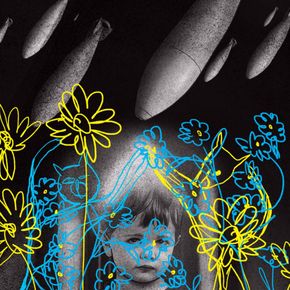AI, the end of school and the role of board games in learning mathematics
Does the AI revolution mean the end of traditional schooling? Prof. Stuart Russell, a leading AI expert and a computer scientist at the University of California, Berkeley, said artificial intelligence could cause “the number of teachers employed to drop, and perhaps no teachers at all.” Within a few years, thanks to personalised tutors similar to ChatGPT, precisely tailored teaching can reach every household thanks to smartphones. It is also worth noting that one-to-one human-led teaching can be two to three times more effective than traditional classroom lessons. OpenAI is already researching educational apps – in March this year; it partnered with the non-profit organisation Khan Academy to pilot a virtual tutor powered by ChatGPT4.
Board games are already known to improve learning and development, including literacy. According to the latest research by experts from Pontificia Universidad Católica de Chile, board games, such as Monopoly or Snakes and Ladders, can also develop maths skills in children aged 3 to 9 – improve counting and the ability to recognise whether a number is higher or lower than another. The use of board games can be considered a strategy with a potential impact on basic and complex maths skills, especially when children play them several times a week under the supervision of a teacher, therapist or other trained adult. The findings are based on a review of 19 studies published since 2000.


























